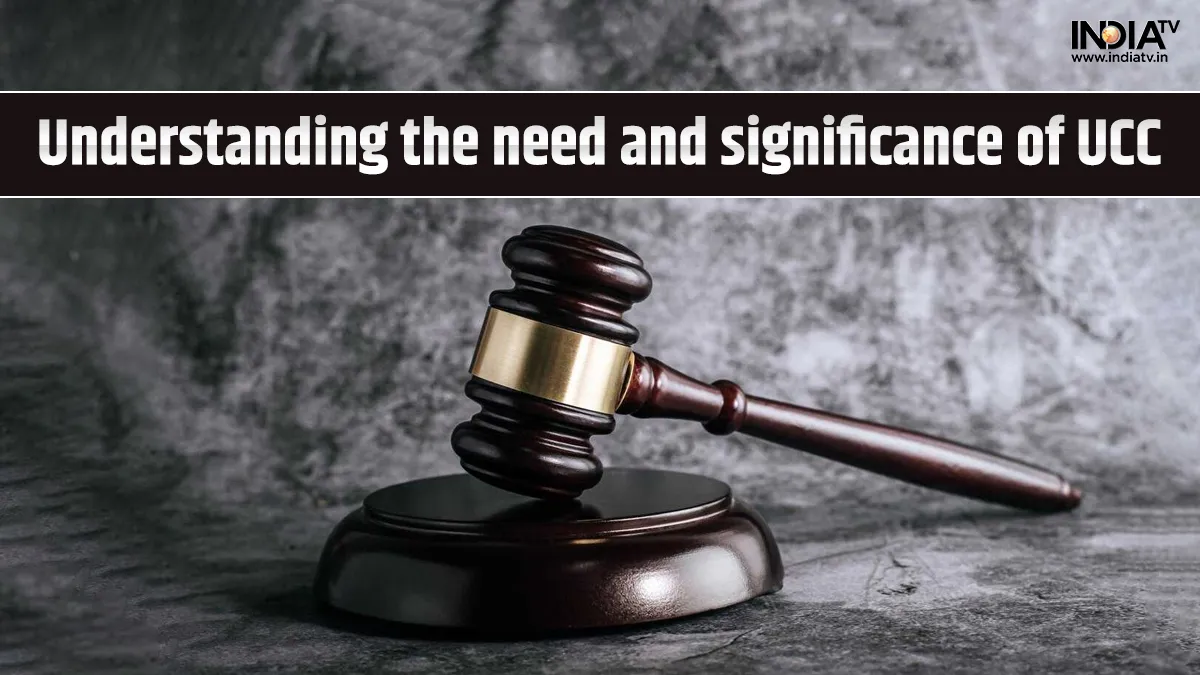Dehradun: The Uniform Civil Code (UCC) called for a single set of laws applicable to all religious communities in India. Enshrined in Part 4 of Article 44 of the Indian Constitution, it aimed to secure a uniform civil code for citizens throughout the country. Covering areas such as marriage, divorce, maintenance, inheritance, adoption, and succession, this code is based on the principle that there should be no relationship between religion and law in modern civilisation.
Origin of the Uniform Civil Code
The genesis of the Civil Code dates back to colonial India, when the British government, in its 1835 report, advocated for uniformity in the codification of Indian laws relating to crimes, evidence, and contracts, particularly recommending that personal laws of Hindus and Muslims be kept outside the scope of codification.
With the end of British rule, the proliferation of personal laws dealing with individual matters compelled the government to establish the B.N. Rao Committee in 1941 to draft a Hindu Code Bill for codification. The committee's work aimed to examine the necessity of codifying general Hindu laws, recommending a codified Hindu law that would grant equal rights to women.
Why is the Uniform Civil Code necessary?
In India, laws and marriage acts based on caste and religion have led to a fragmented social structure. Hence, there's a growing demand for a uniform civil code that integrates all castes, religions, classes, and communities into a single system. The existence of disparate laws also affects the judicial system.
Presently, individuals resort to personal law boards for resolution of issues like marriage and divorce. An essential objective of the UCC is to provide protection to vulnerable groups as envisaged by Dr. B.R. Ambedkar, along with fostering nationalist enthusiasm through unity. Once implemented, this code is expected to simplify laws that currently differ based on religious beliefs, such as the Hindu Code Bill, Sharia laws, and others.
Also read | Uniform Civil Code: Pushkar Singh Dhami tables UCC Bill in Uttarakhand Assembly

